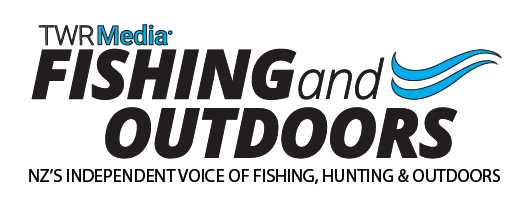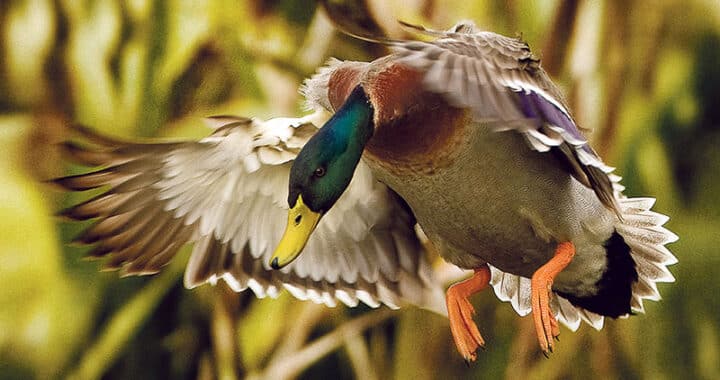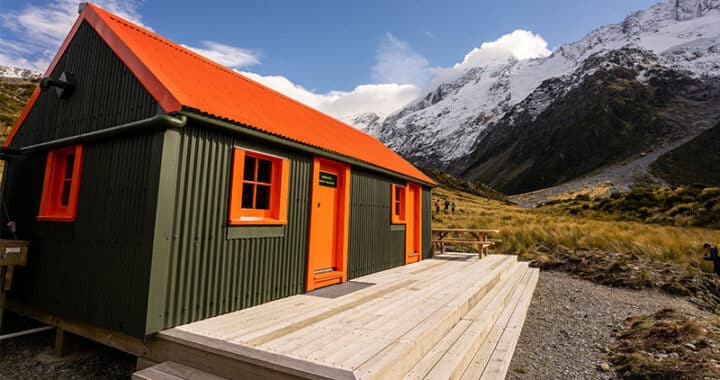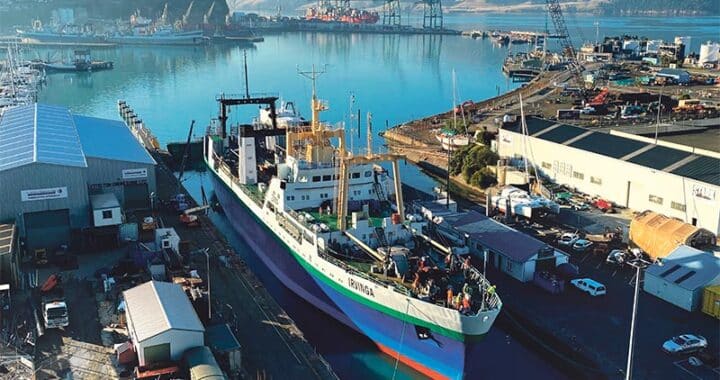2020: Year of the seabird
2 min read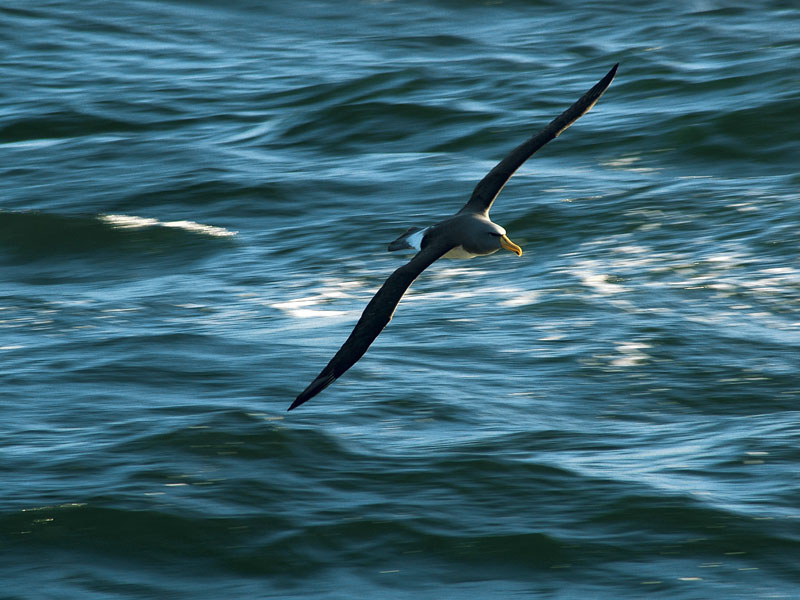
Chatham Island albatross. Photo: Karen Baird
The new year will give New Zealanders a chance to turn things around for struggling native seabird species that were captured by fishing boats last year, says Forest & Bird. The organisation issued a statement earlier in January declaring 2020 the year of the seabird.
According to recent official observer data, more than 35 species of seabird were captured by commercial fishing boats in New Zealand in 21 months from 2018 to 2019, says Forest & Bird, and many of those birds killed were rare and threatened animals, such as Otago shag, Fiordland crested penguin, and Antipodean albatross.

Last year, the hoiho/yellow-eyed penguin won Forest & Bird’s Bird of the Year competition – the first time a seabird had ever won.
“New Zealanders are really beginning to understand how special it is to be the seabird capital of the world. We live in a place where penguins cross busy streets in the capital city,” said Forest & Bird spokesperson Geoff Keey. “But we’re also waking up to how at risk these birds are.”
Ninety percent of New Zealand’s seabirds are threatened or at risk of extinction, compared with 74% of terrestrial birds.
“As it’s currently written, the Plan of Action for Seabirds will fail to restore seabird populations,” said Keey.
“At the moment, up to 14,400 birds die on fishing lines and in nets every year. That’s why we’re asking for a zero bycatch goal, cameras on commercial boats, binding actions, and rules and an end to set netting in the habitat of threatened species such as hoiho.

“What Forest & Bird really wants to see is to return our seabirds to abundance – but we can’t get there without strong rules to protect seabirds with consequences for non-compliance.
“Many fishers are trying their best, but not all, and the fact is that voluntary action has not reduced the rate of seabird deaths for over a decade.
“New Zealanders love our natural environment; we love those magical experiences like spotting the wide-winged glide of an albatross or seeing a tiny penguin waddling down the beach.
“We need to keep those birds around for future generations, but to do that, we need to change the way we fish.”
